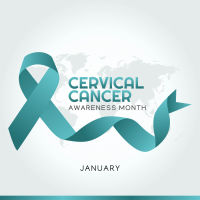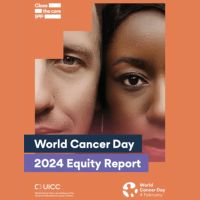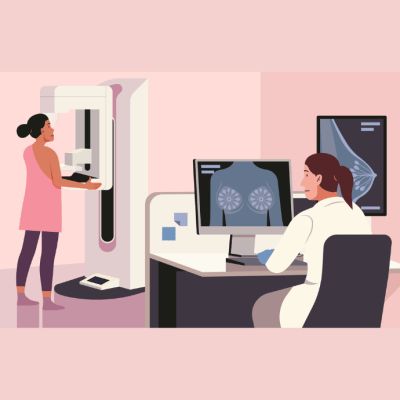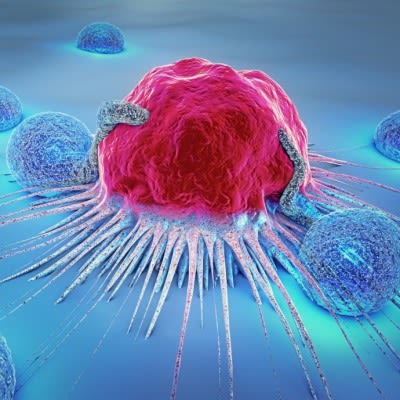Researchers from Karolinska Institute reported that women who receive a false positive mammography are more likely to develop breast cancer over the following 20 years.
The team used data from the Stockholm Mammography Screening programme, linked to Swedish nationwide registers, to explore the long-term outcomes following a false-positive mammography result. This study aimed to determine whether there is a heightened long-term risk of breast cancer among women with a false-positive mammography result and if this risk varies based on individual characteristics.
The study cohort included 497 343 women. During the index mammography, the majority of women in this study were over 50 years old, born in Sweden, and did not have a family history of breast cancer.
In this population-based cohort study which included a lengthy follow-up period, women with false-positive results face a higher likelihood of developing breast cancer compared to other women over the following 20 years. On average, they experience a 60% increased long-term risk, indicating a sustained elevated risk.
From all the women who participated in the mammography screening programme, 45,213 women were identified with an initial false-positive result and compared them to 452,130 women of the same age who were not recalled.
The increased risk was more pronounced among women in the 60–75 age group compared to the 40–49 age group, and among those with low mammographic density. The highest risk was observed during the years immediately following a false positive result.
The study’s results highlight the importance of the potential to carry out a short-term and intensive surveillance programme to benefit women with a false-positive result. This study is the first to demonstrate that women with a false-positive result face an elevated risk of mortality due to breast cancer.
The authors concluded, “As women age and are eventually no longer invited for screening (in most countries with mammography screening programs, this stops at 70 years of age), it may be worth studying whether women with a false-positive result will benefit from a prolonged screening program”.
Source: JAMA Oncology
Image Credit: iStock






















